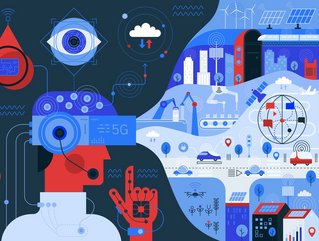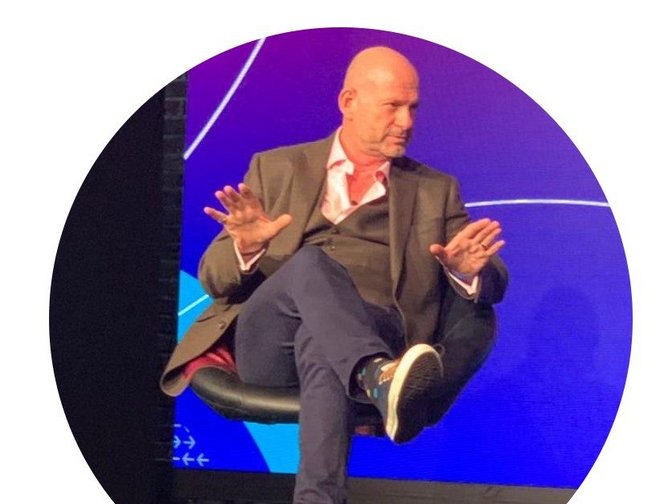AI-driven supplier relations at Supply Chain Digital Show


The latest Supply Chain Digital Show on LinkedIn had as its guest expert Sheldon Mydat, CEO of Suppeco, an AI-driven collaborative platform for customer-supplier ecosystems.
Mydat offered some fascinating insights into how Suppeco is helping to deliver resilience across the supply chain using AI.
Below is an edited version of the conversation between Supply Chain editor in Chief Sean Ashcroft (SA) and Shelon Mydat (SM)
SA: How do you manage something intangible like relationships using technology such as AI?
SM: Relationships are our day-to-day activities. Historically the relationship element of contracted services has been overlooked, in favour of the more addressable gains found in the contract itself. But none of us live inside a contract, and to change that we have created structure in that space, by taking unstructured relationship-data between suppliers and customers and applying AI to it, in the shape of modules
So one of our new modules coming out is called Auto Risk, which provides autonomous risk management in the relationship space.
We use a set of AI algorithms to study unstructured data - such as text, documents and photographic uploads - and we refine it to get the value from it. It’s the data equivalent of turning crude oil into fuels.
SA: Suppeco works across many varied sectors. Does your AI engine work the same in the beauty sector as it does in, say, defence?
AI helps relations across all sectors
SM: There are differences, obviously, but generally, yes it does work the same.
Let’s take another of our new modules, which is called Heat Map. This is a reciprocal survey - a series of performance- related out-of-the-box Q&As that are industry agnostic.
It creates some very interesting findings when, for example, you've asked or answered questions around flexibility. The word ‘flexibility’ might pop up on the screen, and the question around it might be: ‘Does your supplier demonstrate flexibility in a contract?’
That same question can be asked on both sides of the relationship and the findings are often different - and that’s the value of it, because if you have got one party saying flexibility is a lower priority, yet the other has it as a higher priority, then what's driving that difference? Why does one party think one way, and the other party thinks another?
So this leads on to a series of actionable insights and steps to close that gap.
Automation can drive supply relationships
SA: What role does automation play in your products?
SM: There’s a lot of automated workflow in the platform. We've taken an active approach to the way data is managed, so that we have an ongoing quality-scoring process for the data, as well as data-age processing - because data ages; it’s most valuable when it's live.
And then we push it out to the community. The data finds you wherever you are in the community, and in this way we help make sure that customers are not missing compliancies, that key activities aren't being overlooked. Our AI automation is basically a way for businesses to keep all their plates spinning in a very distributed environment. This is especially important with regards to remote working.
SA: How has the pandemic changed business relationships?
SM: I think relationships have come to prominence. Supplier relationship management and collaborative engagement in supply chain is much stronger. There has been a realisation that in the past, relationships were focused largely on numbers. But when business is going through a downturn you've got to find another way to meet those value targets.
And how do you do that? Through relationships - and suppliers are really good at relationships and collaborating. They do this with so many customers.






